10 Turning Points in World History That Redefined Humanity | ListsLook
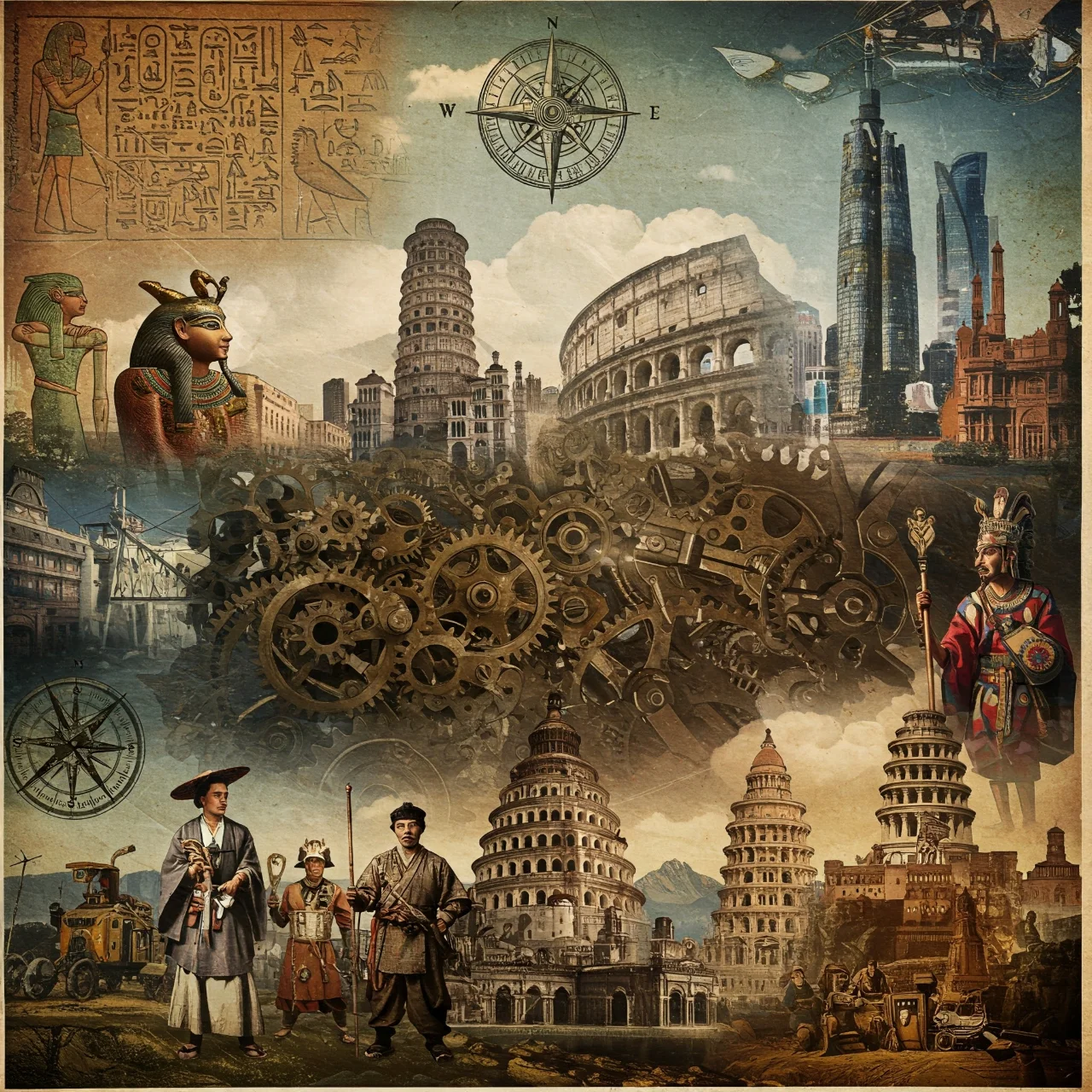
Introduction: Moments That Echo Through Time

History isn't just a dusty textbook; it's a living, breathing narrative shaped by moments of profound transformation. Join us as we journey through ten seismic turning points in world history, each a ripple that became a wave, forever altering the human story. Prepare to be amazed by the power of these pivotal events!
1. The Agricultural Revolution: Seeds of Change
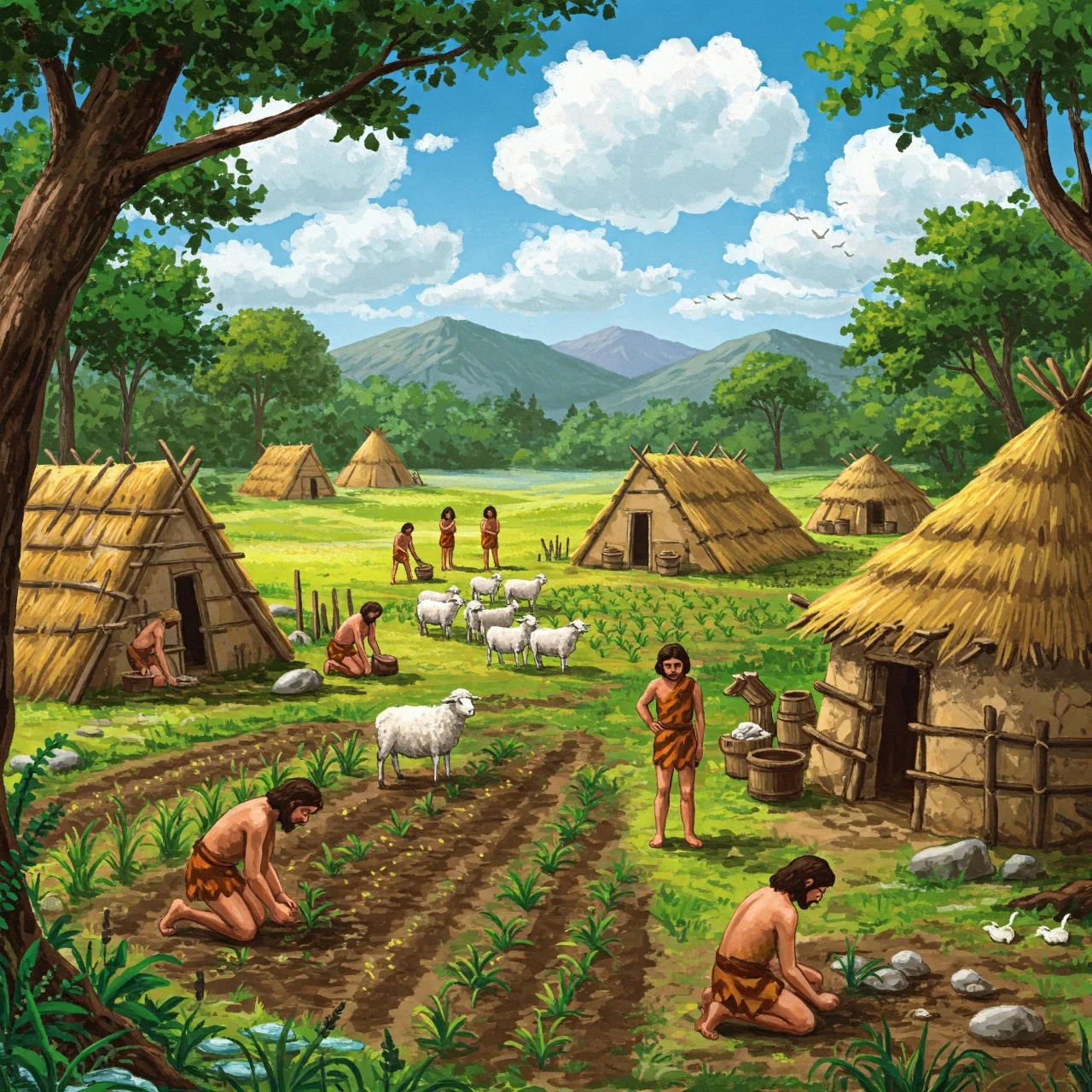
Around 10,000 BCE, humanity transitioned from nomadic hunter-gatherers to settled farmers. This Agricultural Revolution wasn't just about food; it sparked villages, specialized labor, and the very concept of civilization. Surplus food meant population growth and the beginnings of complex societies, laying the groundwork for everything that followed.
2. The Axial Age: A Spiritual Awakening
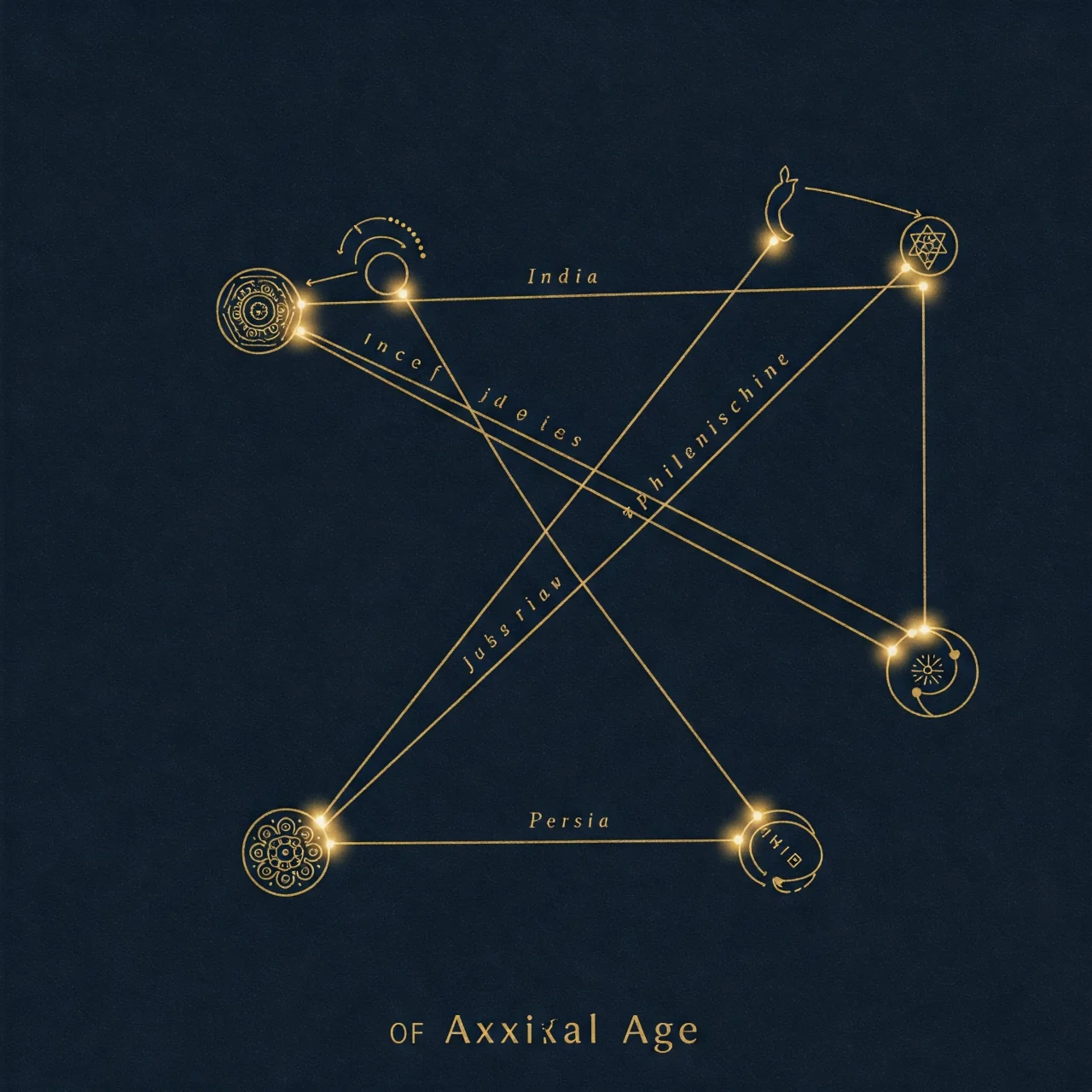
From the 8th to 3rd centuries BCE, a remarkable period known as the Axial Age saw the emergence of transformative philosophical and religious ideas across the globe. Think Buddhism, Confucianism, Zoroastrianism, and monotheism in Judaism. These revolutionary thoughts shaped ethics, morality, and spiritual beliefs for billions, creating lasting cultural frameworks.
3. The Rise of the Roman Empire: Unity and Legacy
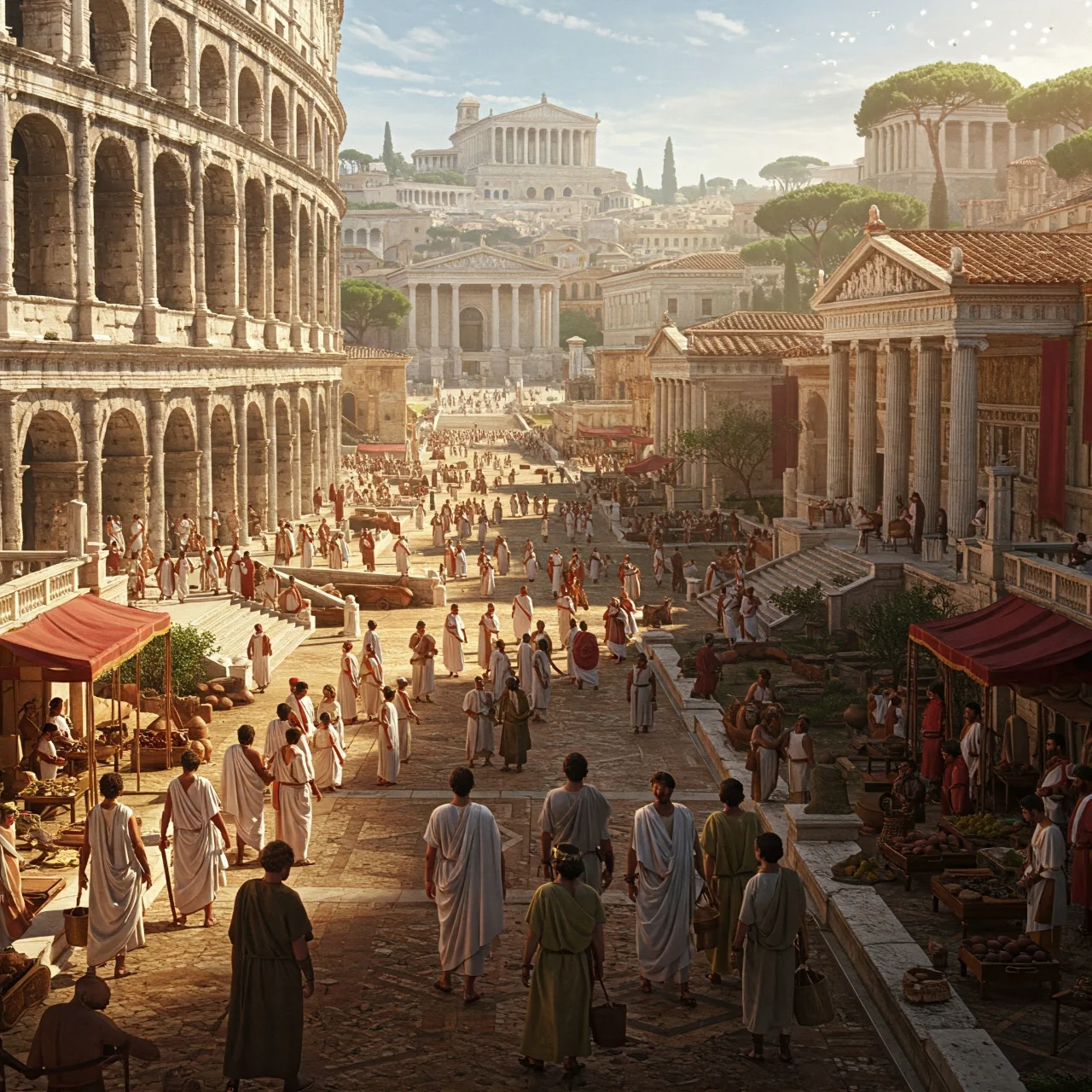
From humble beginnings, Rome grew into a colossal empire dominating the Mediterranean world. Roman law, engineering (aqueducts, roads), language (Latin), and political organization profoundly influenced Western civilization. Its rise and eventual fall left an indelible mark on governance, culture, and infrastructure traditions.
4. The Voyages of Zheng He: China's Fleeting Global Reach
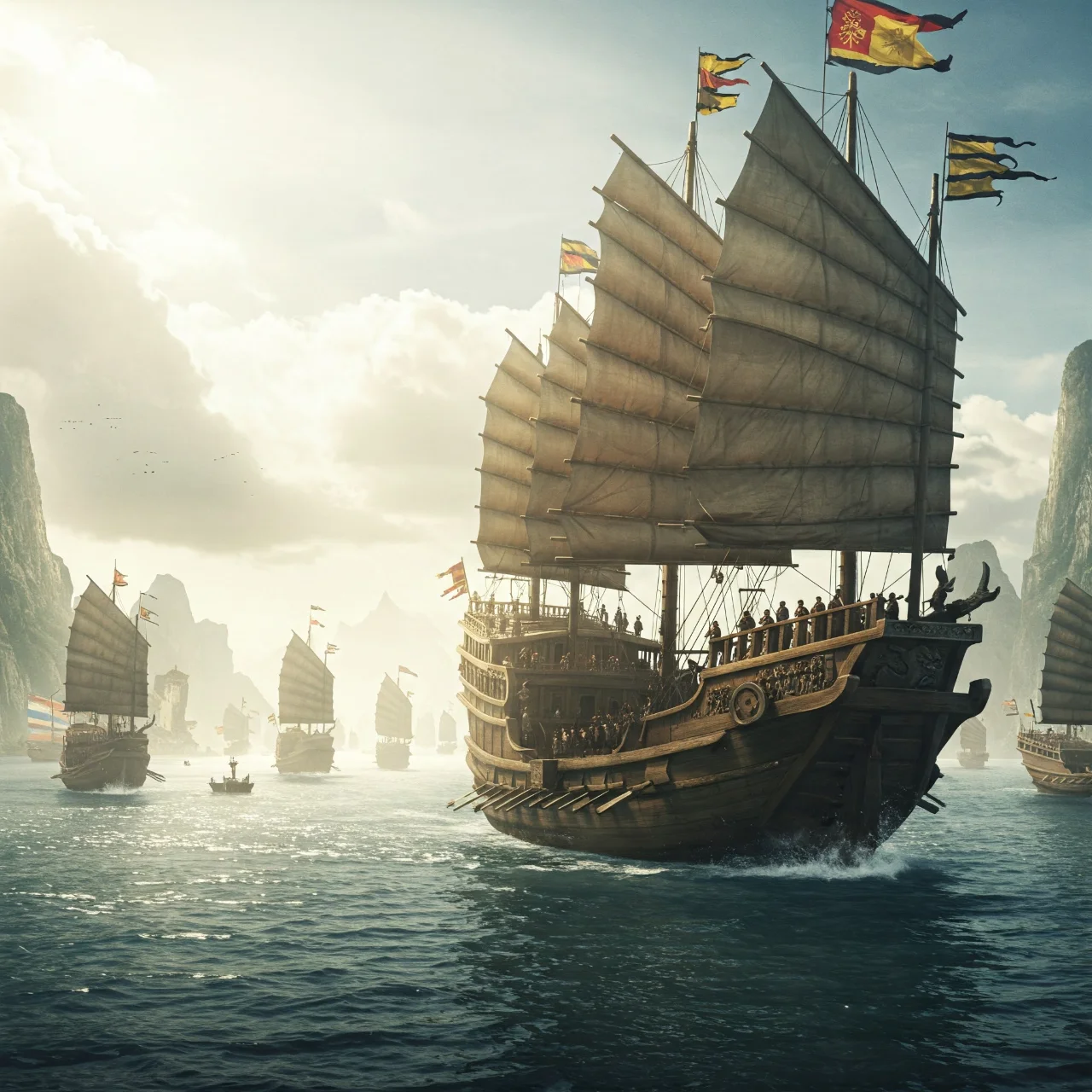
In the early 15th century, Chinese admiral Zheng He led massive fleets on voyages of exploration and diplomacy across the Indian Ocean decades before European exploration intensified. Had these voyages continued, world history might look drastically different, possibly shifting global power eastward long before the West’s dominance.
5. The Columbian Exchange: A World Transformed by Contact
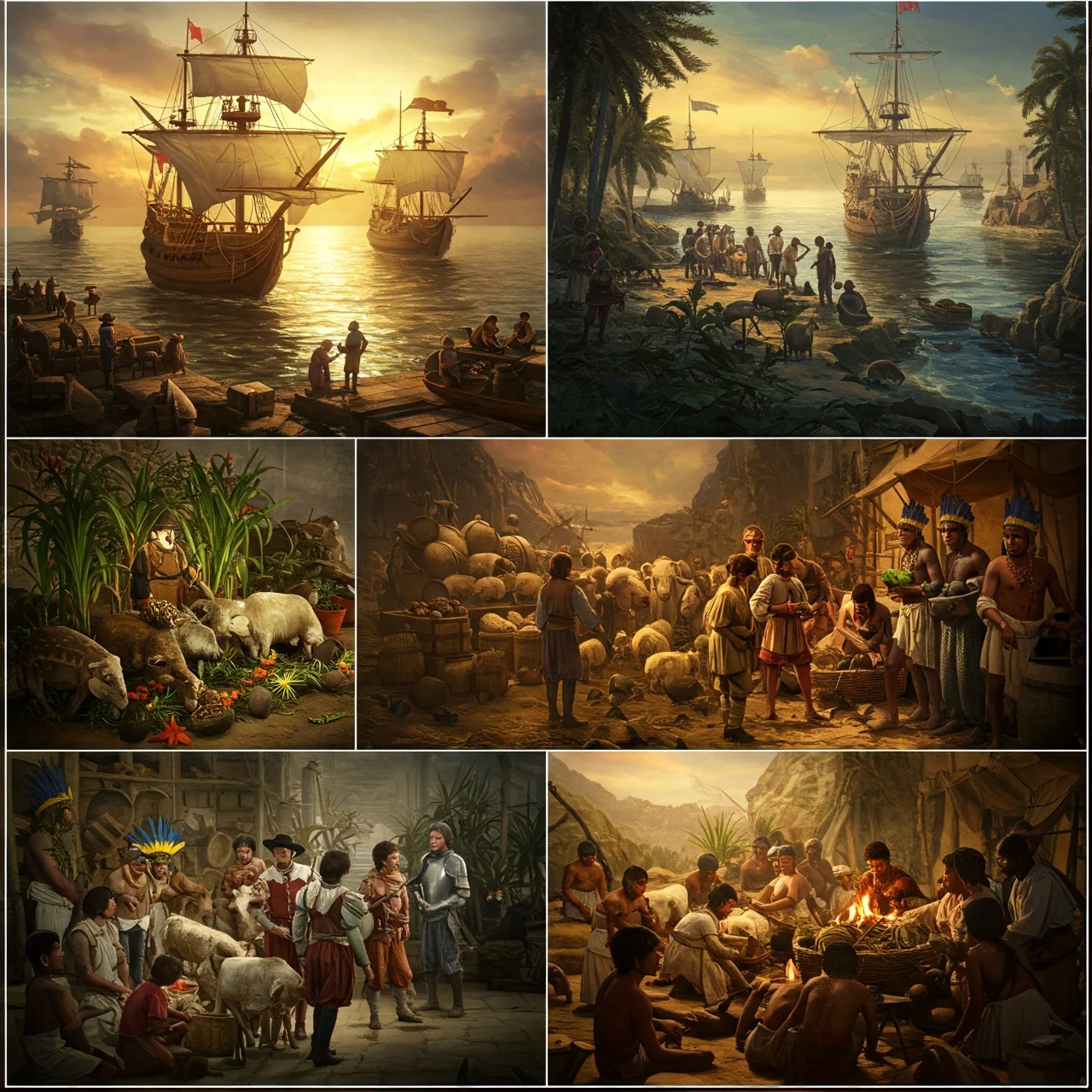
Columbus's voyages initiated the Columbian Exchange, a vast transfer of plants, animals, culture, human populations, technology, diseases, and ideas between the Americas, West Africa, and the Old World in the 15th and 16th centuries. This biological and cultural exchange reshaped diets, economies, and demographics globally, with both beneficial and devastating consequences.
6. The Printing Revolution: Ideas Unleashed
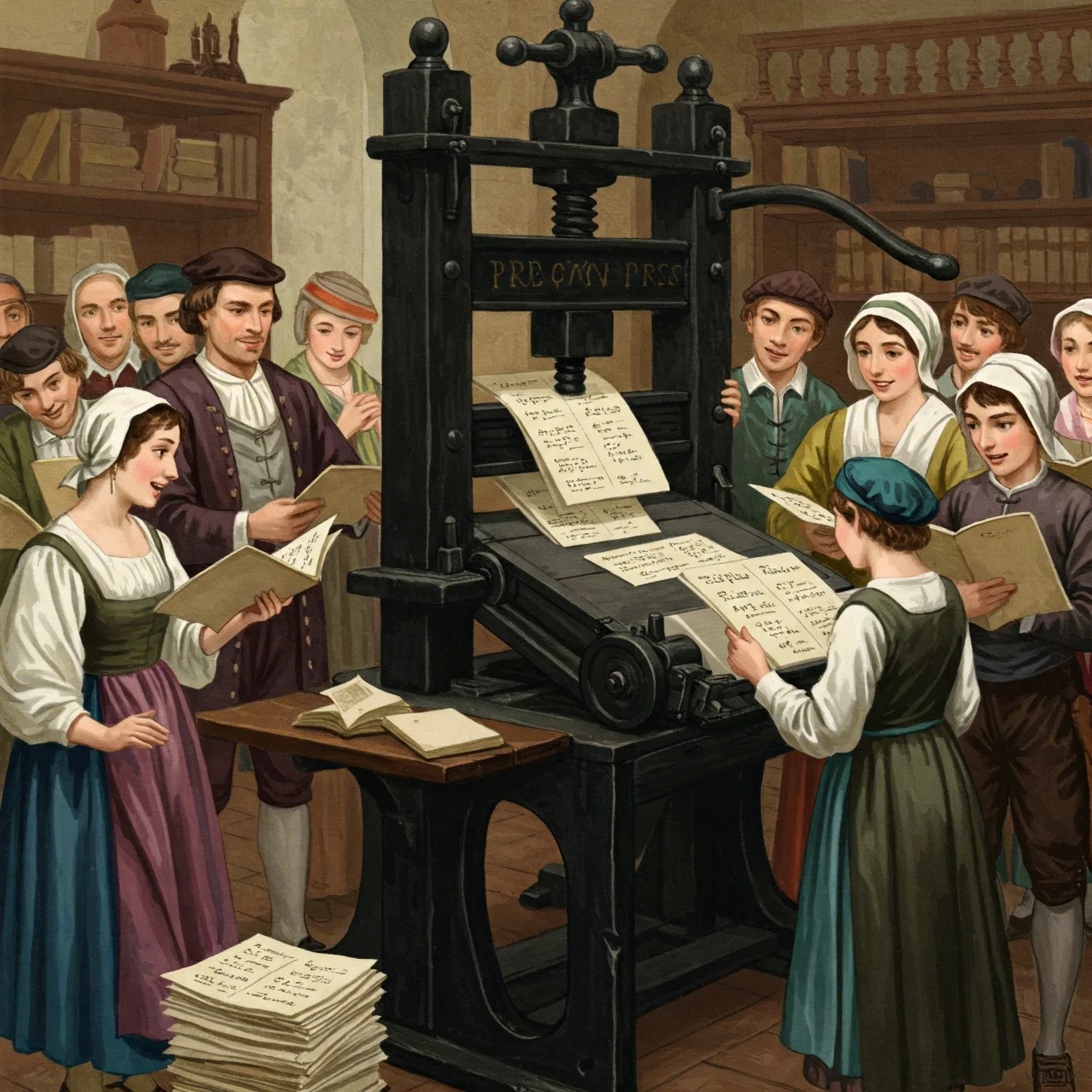
Johannes Gutenberg's printing press in the mid-15th century revolutionized information dissemination. Suddenly, knowledge was no longer confined to the elite. The rapid spread of books fueled the Renaissance, the Reformation, and the Scientific Revolution, democratizing learning and accelerating intellectual progress like never before.
7. The Scientific Revolution: Reason Takes Center Stage
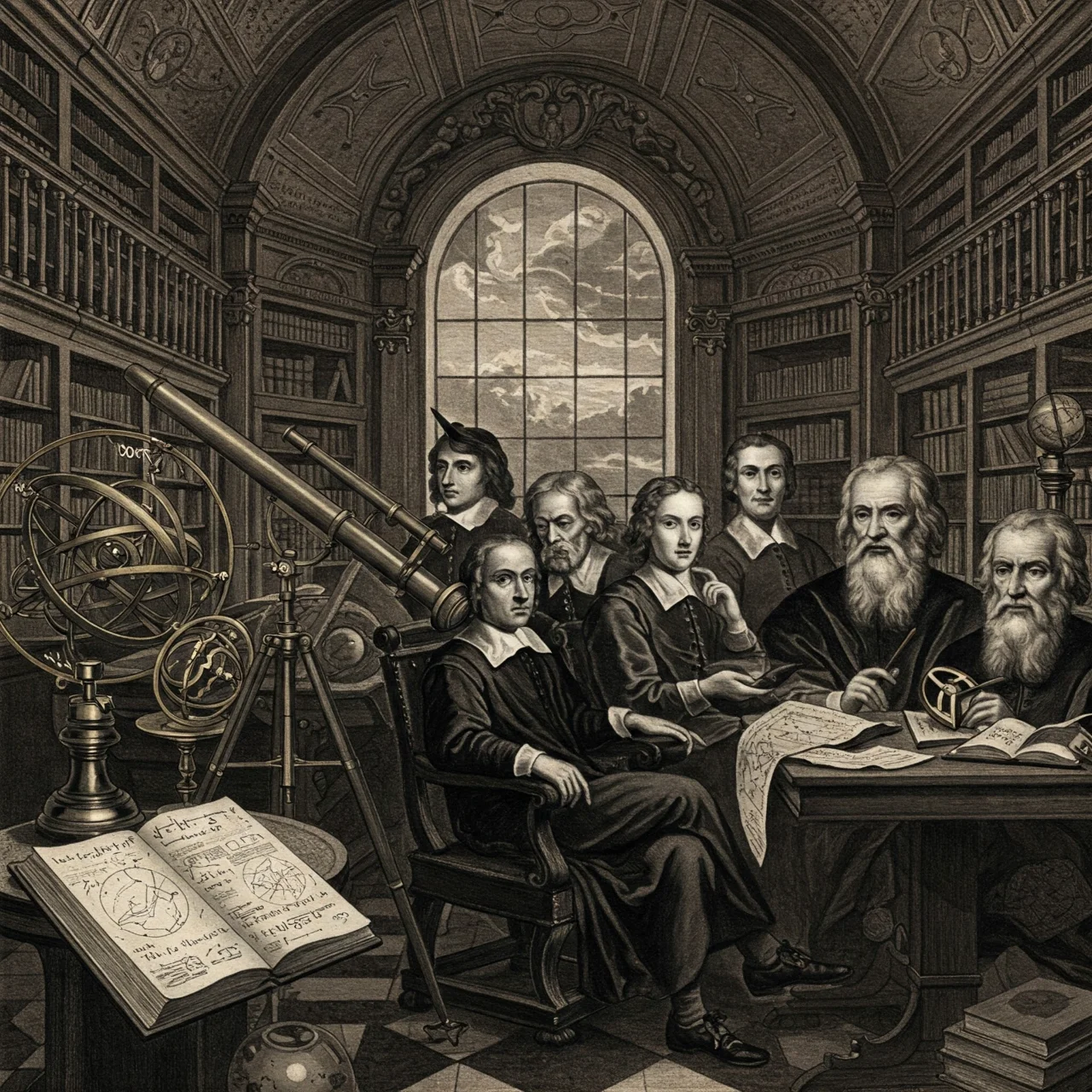
Beginning in the 16th century, the Scientific Revolution marked a paradigm shift towards reason and empirical observation. Thinkers like Copernicus, Galileo, and Newton challenged traditional beliefs, ushering in modern science and laying the foundation for technological advancement that would reshape human life and understanding of the universe.
8. The Industrial Revolution: Machines and Modernity
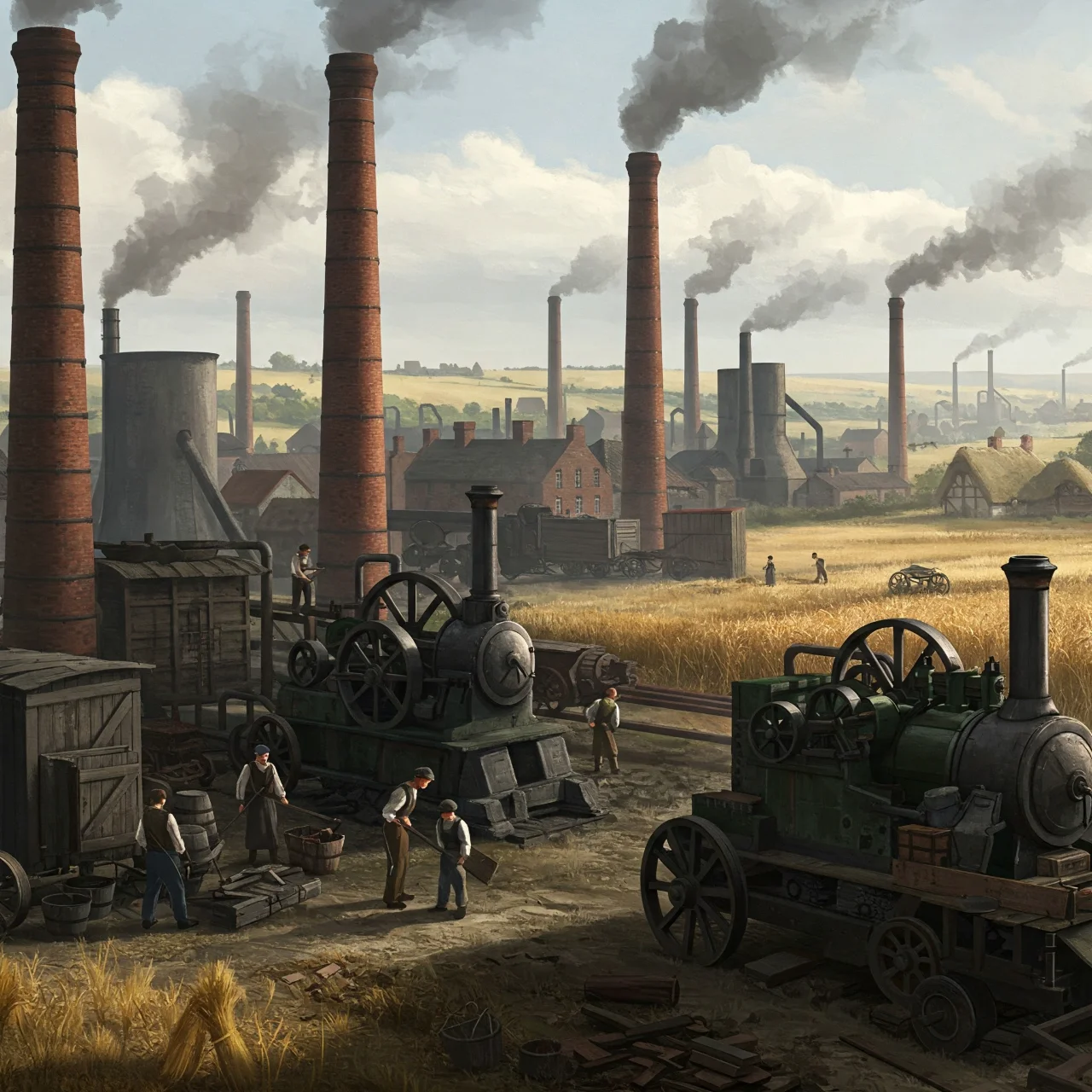
Starting in the late 18th century, the Industrial Revolution transformed agrarian societies into industrial powerhouses. New machines, factories, and energy sources (steam, coal) led to unprecedented production, urbanization, and societal changes, for better and worse, fundamentally altering human life and the environment.
9. World War II: Global Conflict, Global Order
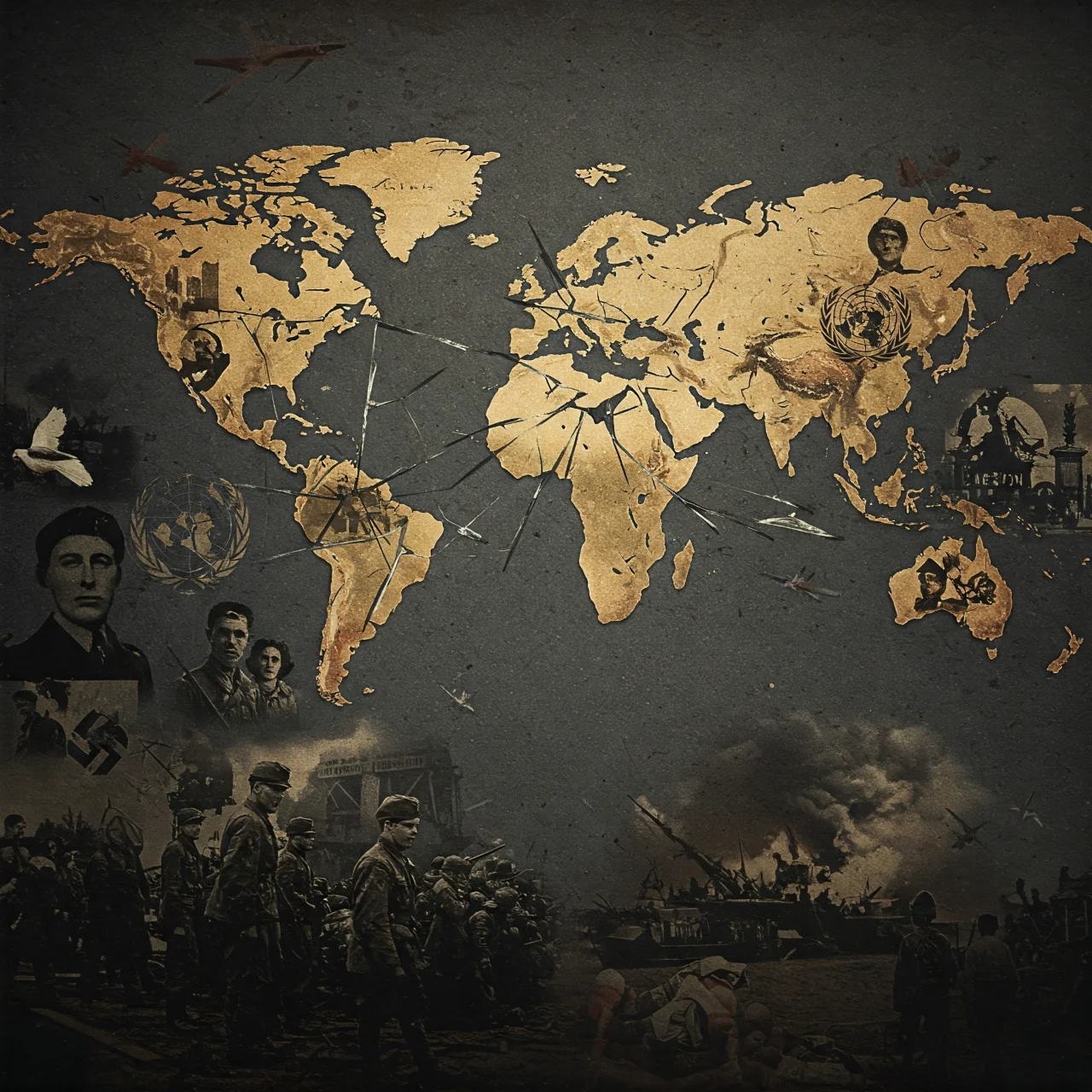
World War II was a global conflict of unparalleled scale and devastation. Beyond the immense human cost, it reshaped the world order, leading to the Cold War, the United Nations, and the acceleration of decolonization. The war's aftermath defined the political and ideological landscape of the late 20th century.
10. The Digital Revolution: Connecting the World
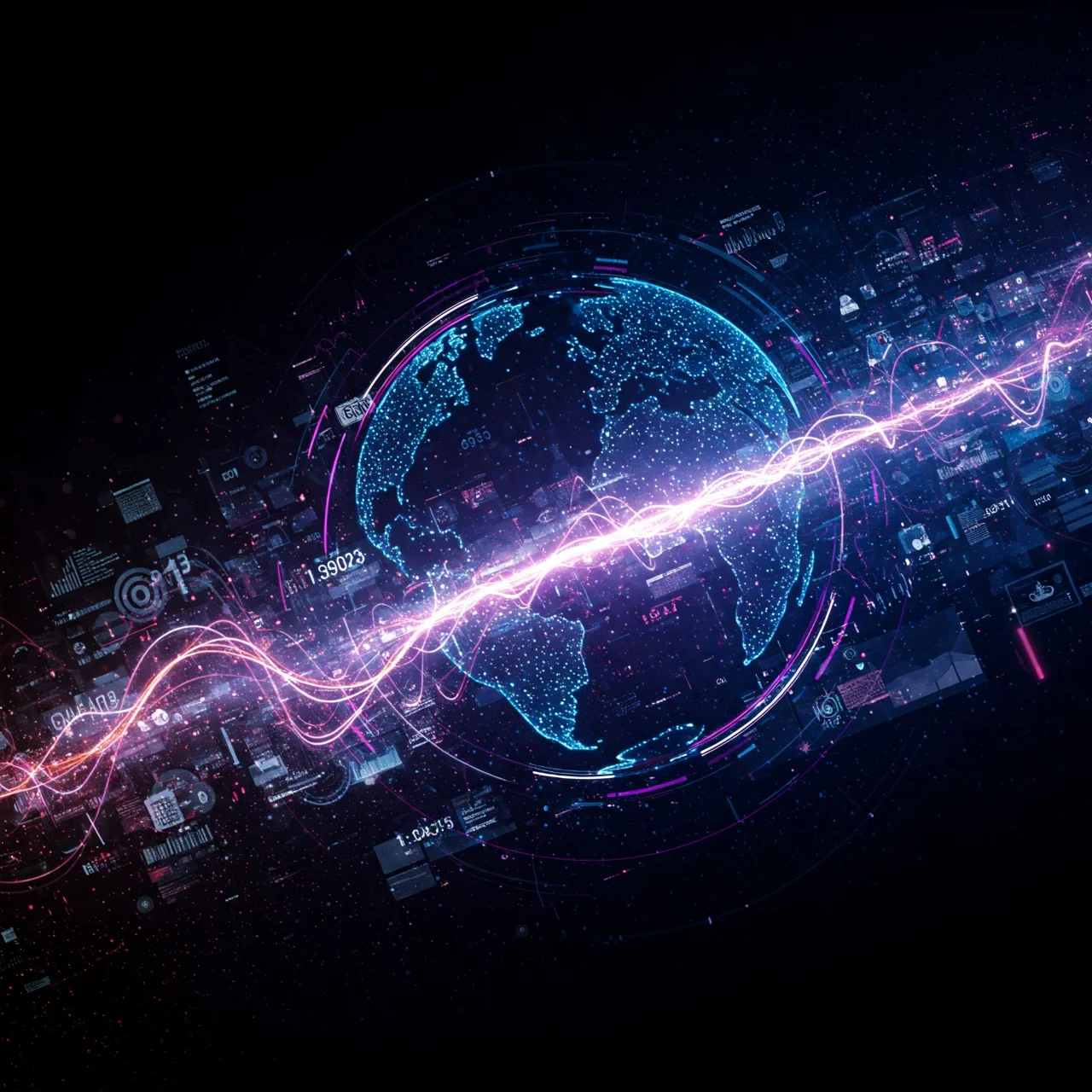
The late 20th century witnessed the Digital Revolution, spurred by computers and the internet. Information became instantly accessible, communication global, and new industries emerged. This revolution continues to reshape economies, societies, and human interaction at an unprecedented pace, fundamentally altering the human experience in the 21st century.
Comments
Loading comments...